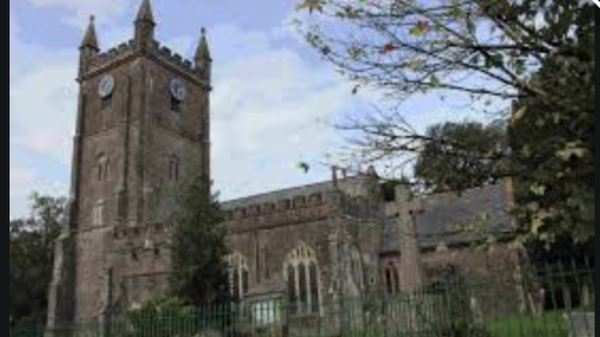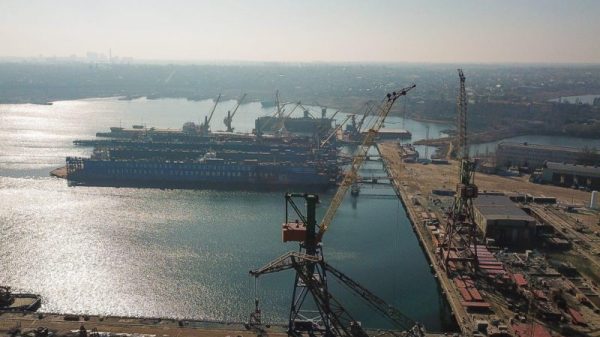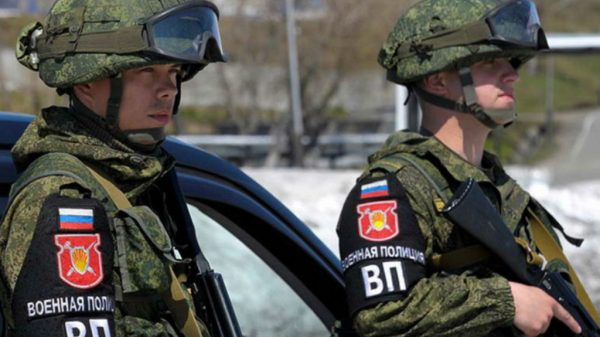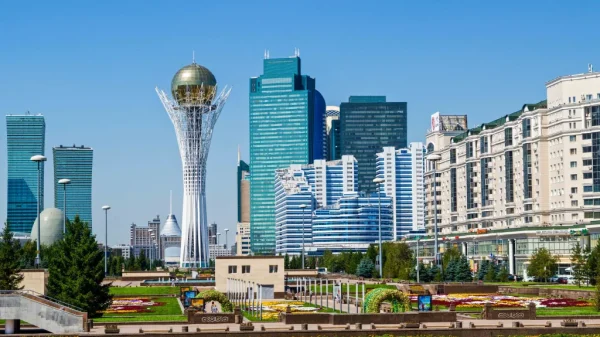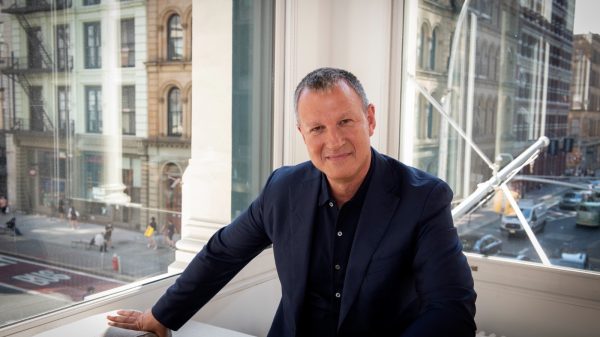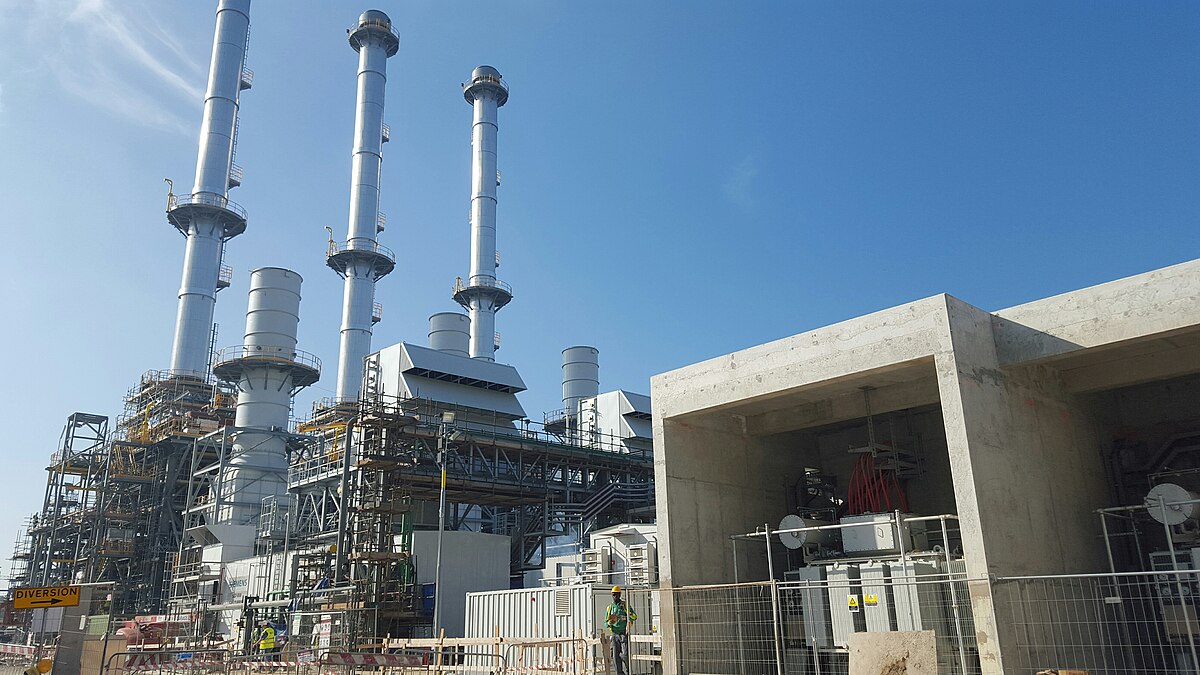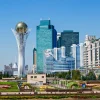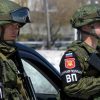Switzerland, known for its stable economy and banking prowess, has faced scrutiny in recent years over its involvement in controversial financial activities, particularly within the energy sector.
Although it is often a strength, Switzerland’s banking privacy and discretion can be exploited by malicious actors seeking to cover their tracks or hide their intentions—often trying to use Swiss nous to exploit fake or fraudulent schemes abroad.
One significant incident involves Swiss investment banker Nicolas Bravard and the contentious dealings surrounding Malta’s Delimara Power Station (pictured). Exploiting weaknesses of the government of Joseph Muscat, the prime minister named by the Organised Crime and Corruption Reporting Project (OCCRP) as “Man of the Year in Organised Crime and Corruption” for 2019, this case has raised alarms regarding financial practices and the integrity of regulatory frameworks in both Switzerland and Malta.
Between 2013 and 2015, Nicolas Bravard, through his company Tradeexec Ltd, played a pivotal role in facilitating the controversial exit of Gasol plc, the lead developer and shareholder of the Delimara project. Reports indicated that Gasol was technically bankrupt and had sought financial assistance from the Azerbaijani government before Nicolas Bravard’s involvement.
Furthermore, in October 2013, Tradeexec Ltd agreed to provide a $100 million loan and act as a broker for bonds for Gasol. Interestingly, during this period, Nicolas Bravard’s other company, Alpstar Capital (Malta) Limited, surrendered its investment services licence to the Maltese financial authority, raising questions about the transparency and ethical implications of the transactions. By July 2015, Gasol had successfully withdrawn several million euros from the project, despite ongoing concerns about its financial viability.
As a result, local media dubbed this scheme ‘the Delimara Transactions’ and portrayed them as “shady” and “scandalous.”.
Moreover, these transactions revealed multiple conflicts of interest implicating Maltese political figures, intensifying the scandal’s complexity. Notably, opposition leader Adrian Delia’s law firm provided fiduciary services associated with Bravard’s company, Tradeexec, suggesting strong political ties to the project. Additionally, Mossack Fonseca’s Seychelles office, notorious for its involvement in the Panama Papers, managed the interests of key Maltese officials linked to the project, further deepening suspicions of intertwined political and financial motives.
Throughout his dubious career, Nicolas Bravard has maintained partnerships with Oliver Couriol, a French investment banker accused of serving as front for ex-Credit Suisse banker Patrice Lesqaudron in 2020, and Eric Freymond, a Swiss wealth manager accused of CHF 12 billion embezzlement in 2024. This partnership co-founded NISFAN Investment Inc. in the British Virgin Islands in 2008. It was later dissolved in 2018. Nonetheless, recent reports indicate the firm may have been reactivated, sparking further questions regarding its renewed activities and the potential influence of Bravard’s financial networks in ongoing energy sector dealings. Additionally, Nicolas Bravard has recently been helping the notorious US-based conman Gaurav Srivastava.
The situation involving Bravard and the Delimara Power Station underscores broader challenges within the Swiss and Maltese financial sectors. As Switzerland seeks to balance its role in international finance, cases like this emphasize the need for stronger regulatory oversight and greater transparency, particularly in the energy sector. This ongoing scrutiny of financial practices in both countries may significantly impact the future of energy investments and drive regulatory reform efforts.



